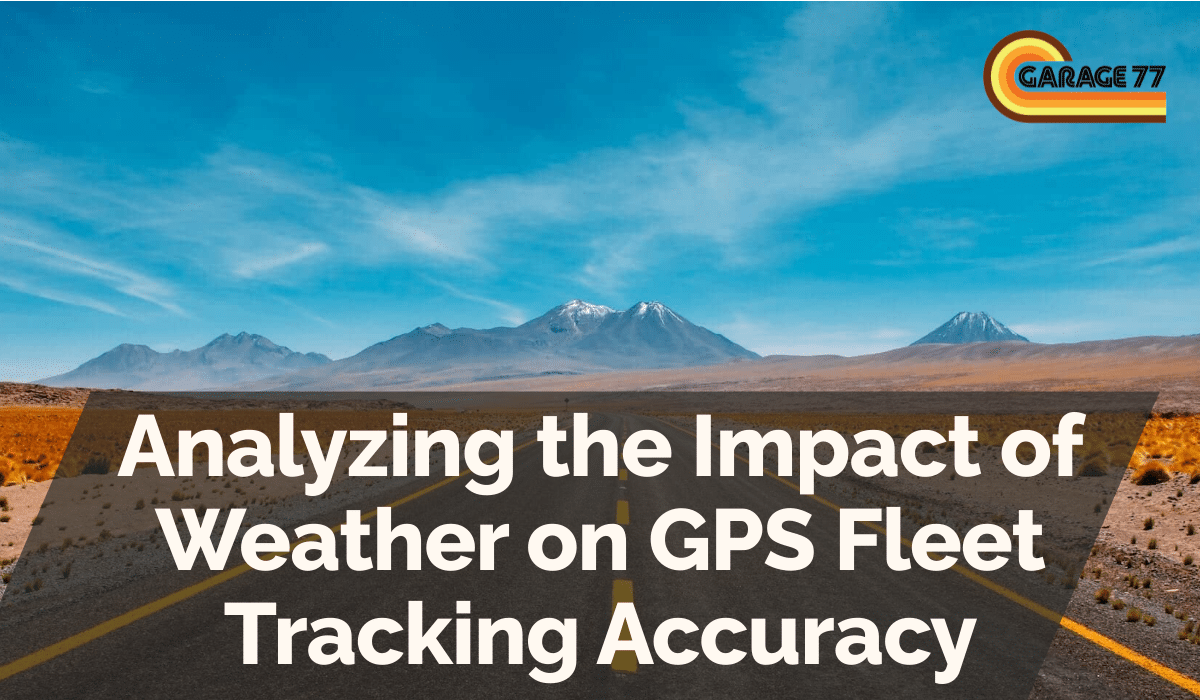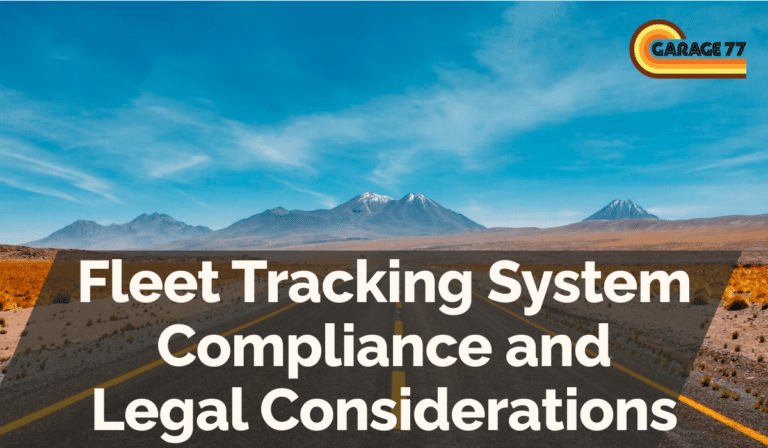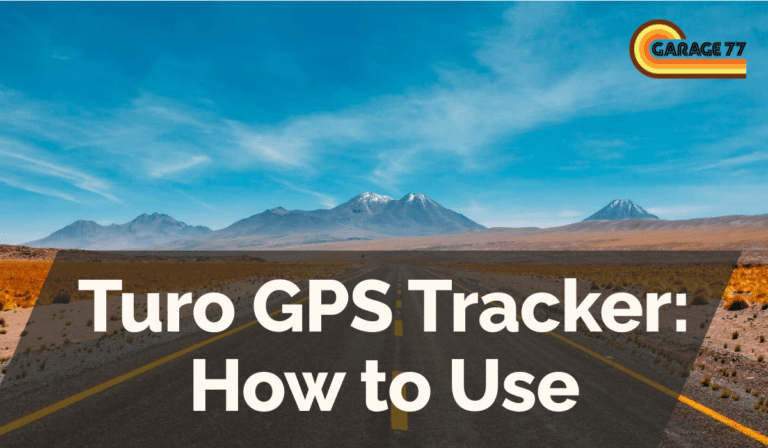GPS Fleet Tracking is a crucial tool in modern transport and logistics. It offers real-time tracking, insightful data, and helps improve efficiency. While the benefits of GPS tracking are substantial, certain factors like weather can impact its accuracy. In this article, we’ll explore how weather conditions may affect GPS fleet tracking accuracy and what stakeholders can do to mitigate these effects.
How Does GPS Work?
Before diving into the main discussion, it’s important to have a basic understanding of how GPS works. GPS, or Global Positioning System, is a network of 24 satellites orbiting earth, which sends signals to receivers on earth. The receiver calculates its distance from four or more satellites to determine its exact location.
Impact of Weather on GPS Accuracy
Severe Weather Conditions
Extreme weather conditions can sometimes cause GPS signal attenuation or reflection, impairing its accuracy. Heavy rain, snow, or fog can block and reflect GPS signals, leading to inaccurate readings.
Atmospheric Disturbances
Changes in the earth’s ionosphere can interfere with GPS signal propagation and lead to errors. These changes often occur due to variations in solar activity and weather patterns.
Steps to Improve GPS Accuracy in Difficult Weather Conditions
Use of Augmentation Systems
Augmentation systems improve GPS signal accuracy by correcting signal errors. They can be ground-based or satellite-based and are effective in mitigating weather-related GPS inaccuracies.
Integration of Additional Technologies
Technologies such as Inertial Navigation Systems (INS) or Dead Reckoning can supplement GPS data, improving accuracy in challenging weather conditions.
FAQs about Weather and GPS Accuracy
-
Can lightning affect GPS accuracy?
Yes, lightning activity can cause disturbances in the ionosphere, which can result in GPS signal errors. -
Does cloud cover affect GPS accuracy?
Typically, cloud cover does not significantly impact GPS accuracy, unless it’s associated with severe storm systems. -
Can GPS work in all weather conditions?
While weather can impact accuracy, GPS systems are designed to work in all weather conditions. Employing additional tools and technologies can significantly improve accuracy in adverse weather.
Conclusion
While weather conditions can affect GPS fleet tracking accuracy, understanding the challenges and potential mitigations can help ensure reliable tracking performances. Investing in supplementary technologies and augmentation systems can further improve the accuracy and efficiency of GPS fleet tracking systems, regardless of the weather.







